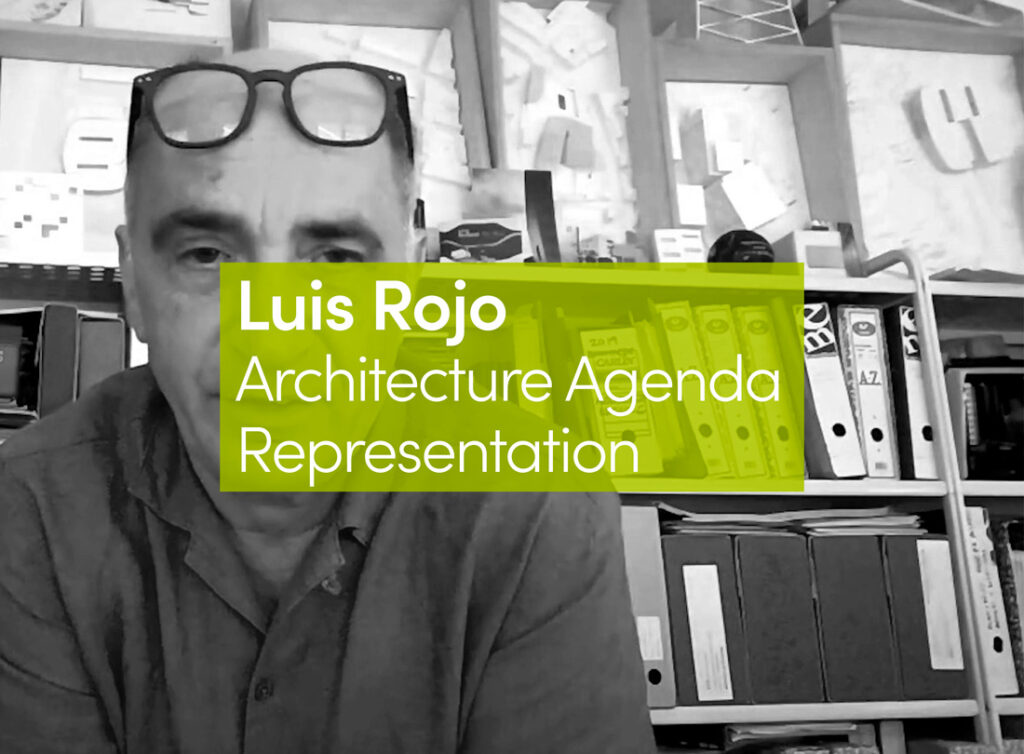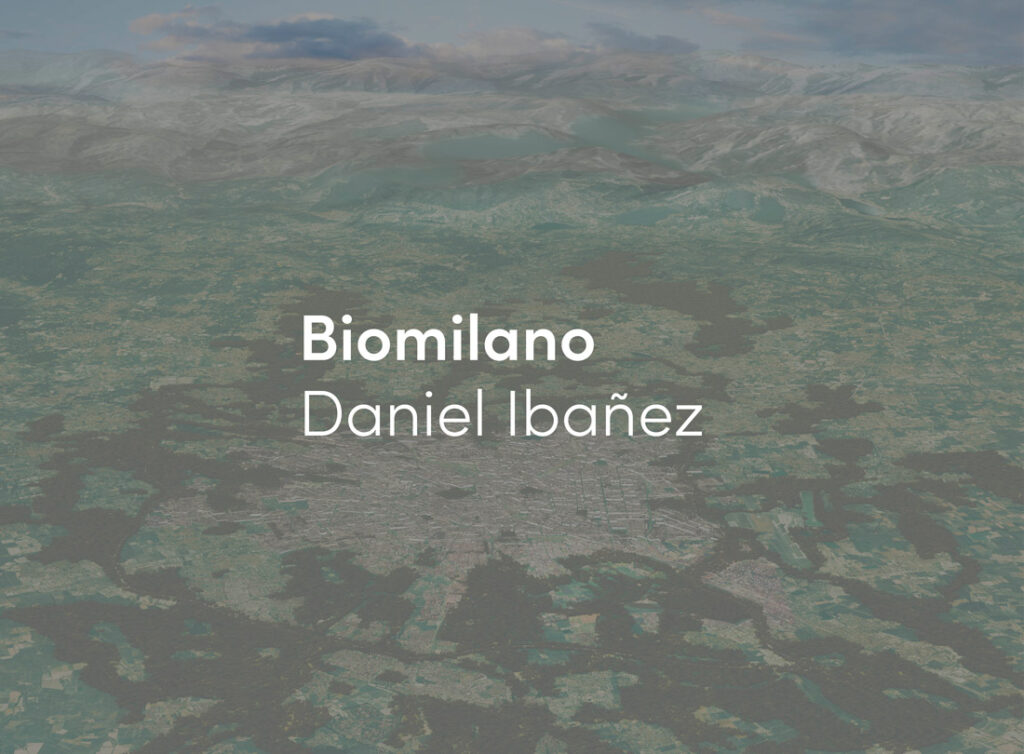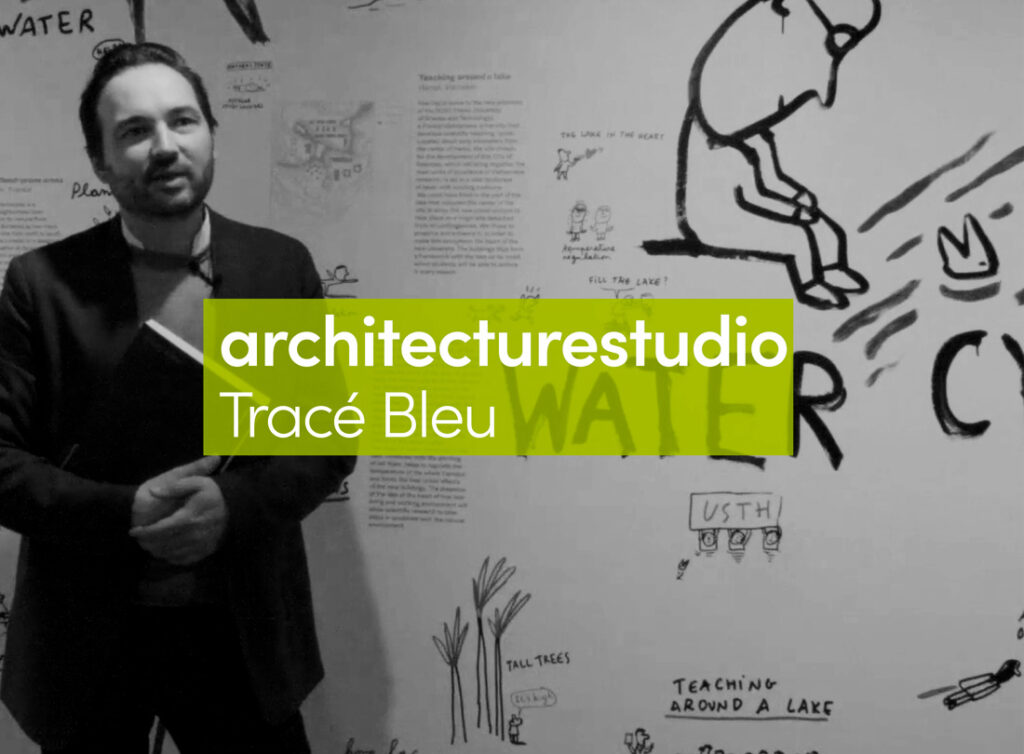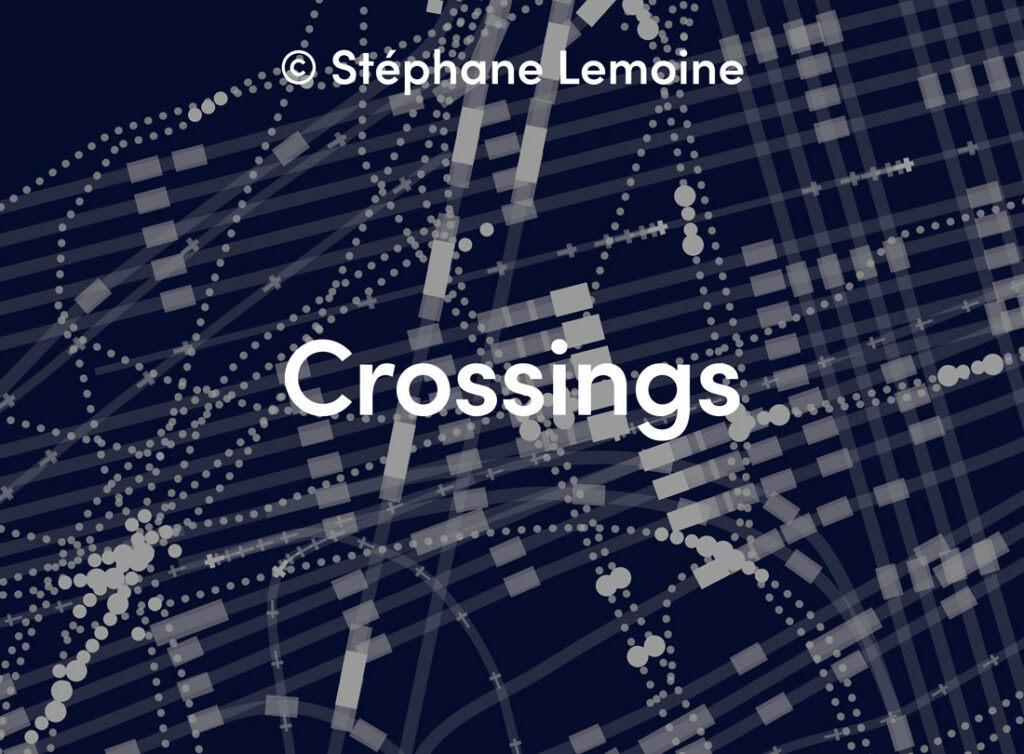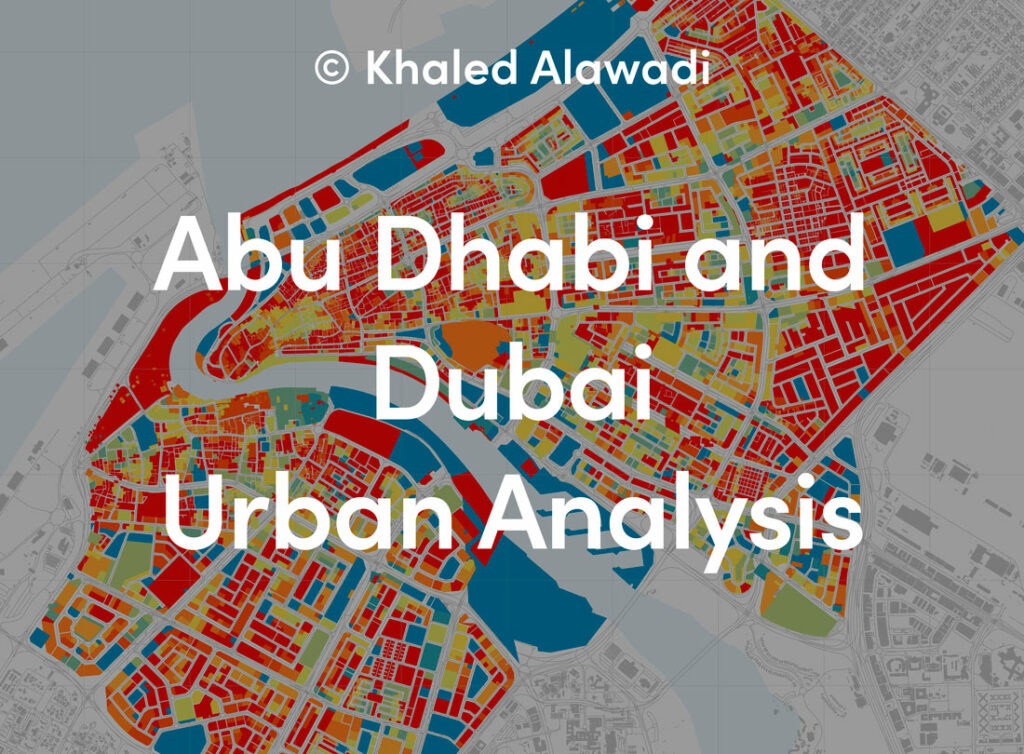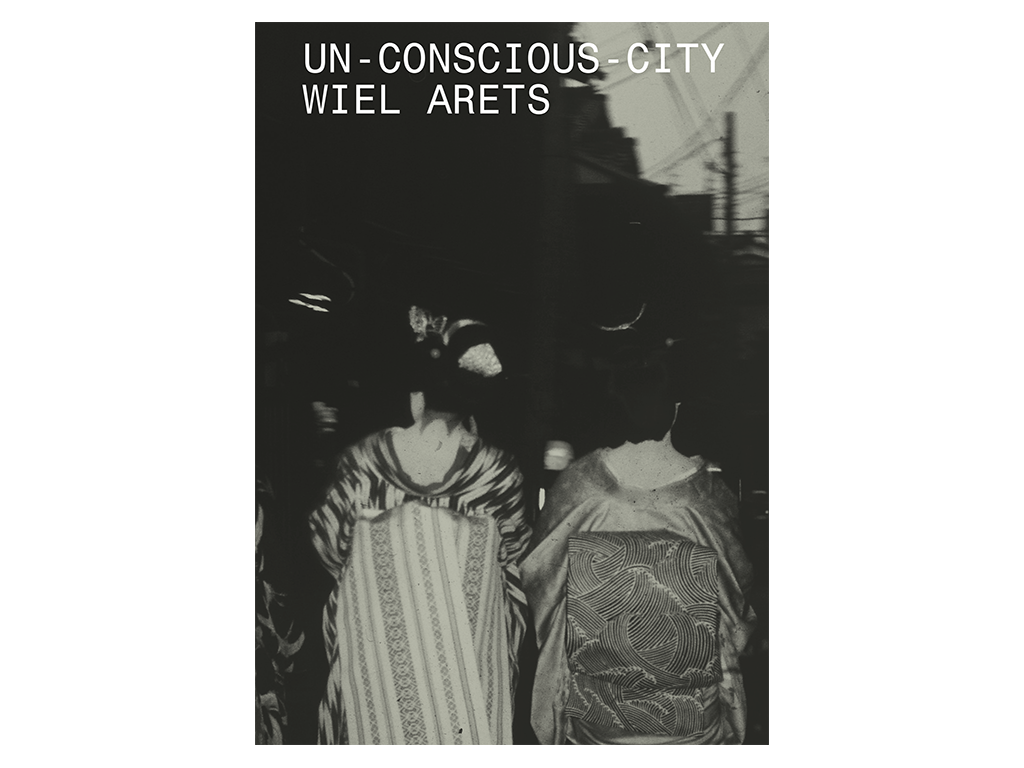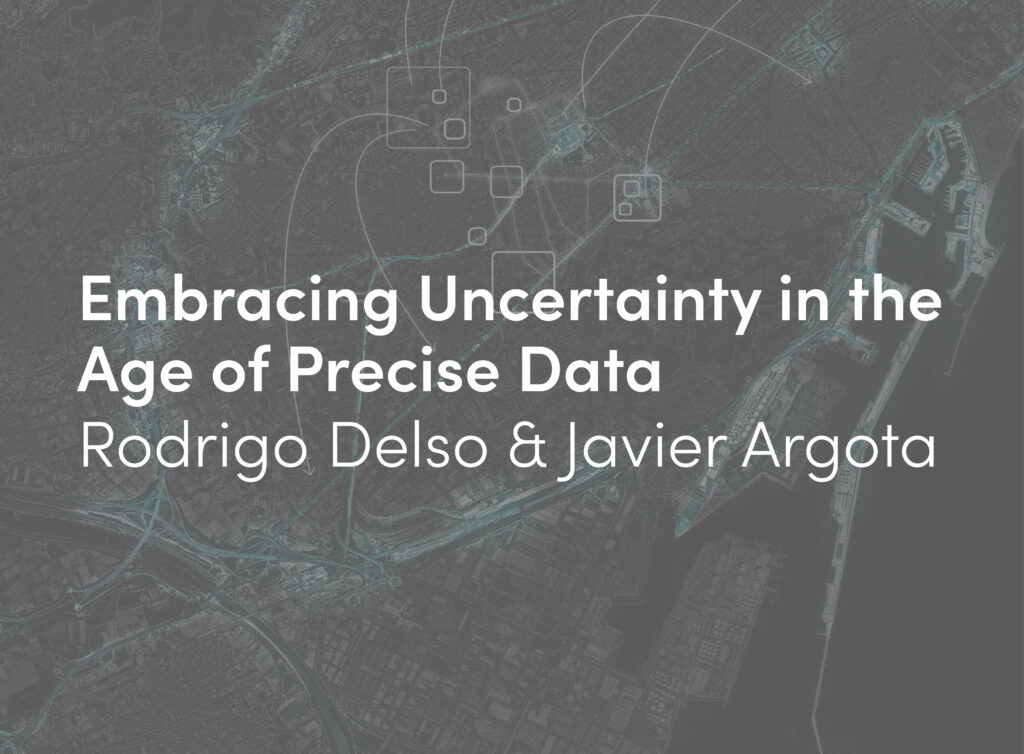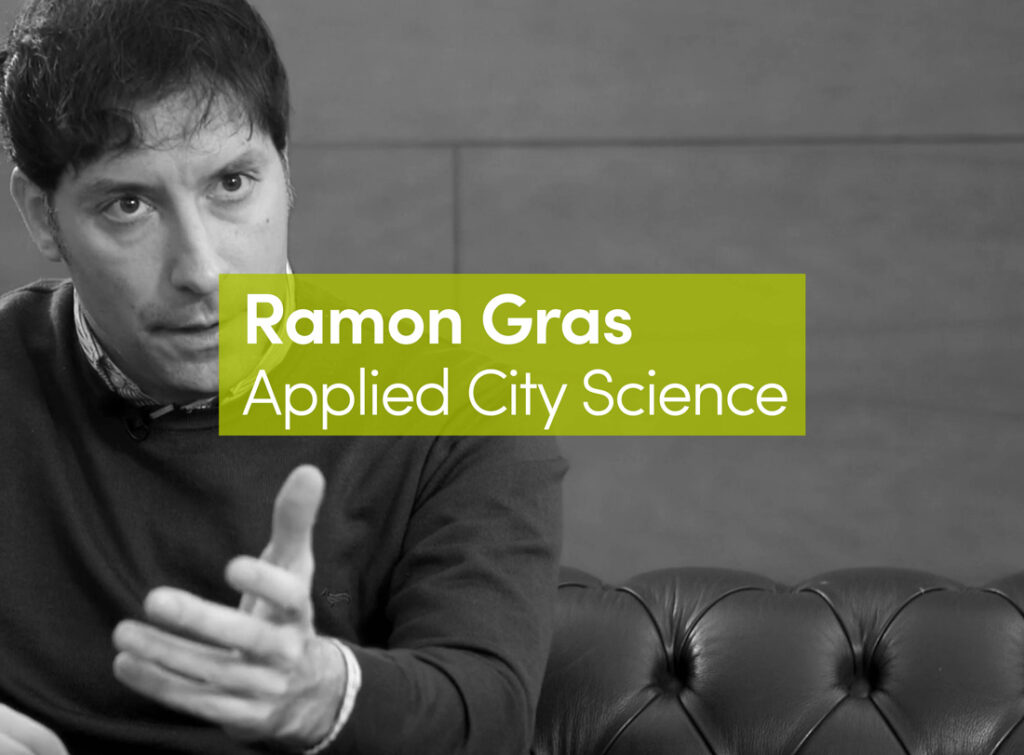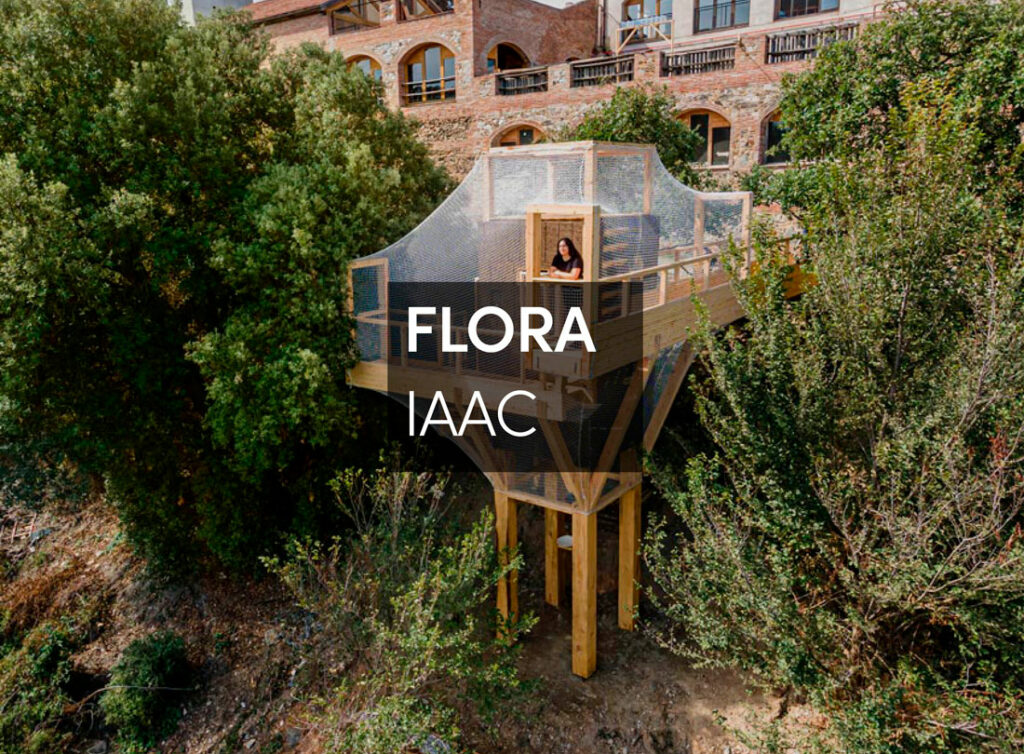I meet with Eleni Gigantes and Elia Zenghelis in the inevitably spectacular golden haze of a late Athens afternoon. My hosts are waiting for me in the terrace of a bar across the street from the Athens Hilton, and I arrive a bit out of breath after having walked too briskly from Plaka, across Syntagma Square—where the entire Greek National Police force seemed to be marshaled in anticipation (or provocation?) of anti-Troika protesters—past the presidential palace and the remnants of the 1896 Olympic games, down a busy boulevard choked with smog and French hatchbacks, and through a quiet neighborhood of sturdy and dignified neo-modernist 1960s housing blocks, where roughly half of the street-level storefronts stand empty and for rent.
I am greeted with a sincere warmth and familiarity that feels at once entirely natural and somehow surprising, as I have never before met Eleni, and have only met Elia once, a few months earlier, for a lecture and jury in Segovia.
At some point in our conversation, I take an absurdly large microphone out of my bag, turn it on, and we begin to discuss the first of the many questions I’d prepared. This is the only one of those questions we would address, as the conversation moves in fascinating turns I’d not anticipated, complete with brief engagements with psychic healing, Communists, snakes, and exploding mountains. Through it all: a focus on tourism, territory, infrastructure, and the possibility of intelligence in planning.
It is dark and we are hungry by the time I put the microphone away.
DAVID GOODMAN: I wanted to start by talking about the modern movement and tourism, because you could argue that they were born together. That is, I think you could make a case that a new model of tourism appeared more or less contemporaneously with the modern movement, and to some degree they come out of the same kind of hygienist ethos, and for a while, the same impulses that led to mass housing would lead to the phenomenon of mass leisure, the ability to have leisure time, and to even consider the possibility of going somewhere to enjoy it. All of this really does develop alongside the development of modern architecture. And to some degree, the same social motivations propelled the development of both. In fact many of the early moderns, like André Lurçat or even Le Corbusier are responsible for some very interesting projects dealing with tourism. But something happened along the way. I think it’s safe to say that today, or in the century since the advent of modern architecture, we no longer necessarily see the link between tourism and an architecture of certain ambition. What happened? That is, if there was a divorce—and of course my question presumes that there was—how and why did the central current of Modern Architecture move away from dealing with tourism?
ELIA ZENGHELIS: So you mean the divorce between modernism and tourism? Well, the interesting thing is that—at least here in Greece—the opposite happened. Which is to say, modernism and modern architecture became part of the everyday. I mean you can see that the whole of Athens is based on this typical apartment block which is all around you. It is a byproduct of modernism. In fact one of the first archetypal apartment blocks in the center of Athens was admired by Le Corbusier.
But whereas modernism adopted these things that Athens is made of—this kind of pixel of Athens—with tourism, modernism, that is, quality modernism, was adopted. And most of the projects done for tourism in Greece, at least historically, were high-quality modernist. There is one particular architect, but there are more, who exemplifies that movement: Aris Konstantinidis. It’s very interesting that there was no divorce, at least in Greece. On the contrary, there was a reinforcement of what is best about modern Greek architecture with tourism. It was a marriage.
GOODMAN: So what you’re saying is that tourism is one of the places where a modernist ethic can still be observed?
ELENI GIGANTES: Not necessarily now, no. This was in the first period of tourism in Greece, which started in the 1950’s. And that was a very specific program. What happened was that after the Second World War, Greece immediately plunged into a Civil War. And that finally ended in 1949, and it ended decisively. It was basically a fight about whether Greece would become Communist or not, but actually what had happened is that during the German Occupation, the true government of Greece had exiled itself to Cairo, and we had a Quisling government here that was collaborating with the Germans. And so most Greeks didn’t agree with that and they took to the hills, and they formed resistance units, or brigands. Now, Greece has almost no plains. It’s islands and mountains; highlands and islands. And some of it is quite impenetrable. And so the Greeks knew that territory. And the Germans, of course, didn’t. Now, of the brigands, they divided themselves into those who were left behind who were not Communist, and then, the most effective ones organized themselves as Communist units. But more important than that, they went into the towns and they organized in the towns, and brought food to the people, because the Germans were taking the food away and sending it to Germany; 300,000 people died in Athens in one winter alone, in 1942. There was a terrible famine. And so while the proper government was in Cairo, the Communists basically made society function.
ZENGHELIS: The countryside was functioning very well because to the Germans it was inaccessible. And it was functioning in a very fair, and one could even say, very democratic way. It was communistic. Whether or not it would have stayed so, if the Communist Party had come to power, and then we had become part of the Eastern Bloc, is another matter.
GIGANTES: But basically what happened is that after the war, the Communists had made the state survive, made the Greeks survive, and the Greeks were very grateful to them. The government came back, and the miracle at Yalta had happened, that Greece would be in the western bloc.
ZENGHELIS: The deals were very….politically cruel.
GIGANTES: So what actually happened was that originally the British were to run Greece, not the Americans. But Britain was bankrupt, had no treasury. So in the first year of the Civil War they were here, but then they basically handed it over to the Americans to control. And so, what were they doing?
They were the ones who were supporting and giving aid to the non-Communist forces, because Greece was destined to be in the West. And the thing was that of the Communists, yes, some of them were practicing Stalinist Communists with all of the ideology. But others were just people who had joined because that was their village, or their group of villages, and that’s how you survived. And it was the bread line, the food line, etc. Anyway, it was rather terrible, and in the end, the first jets ever developed were used in the Greek Civil War, we’ll show you where, on Vasilisis Konstantinou, that side, was the non-Communist lines. And this side was the Communist lines.
ZENGHELIS: Vasilisis Konstantinou used to be a river, and there was a clear division. One side of the river was Communist, and the other side was British.
GIGANTES: And then American. So, the British had developed this jet.
ZENGHELIS: The Meteor.
GIGANTES: And they were tried out here in Greece. And they were tried out by bombing that green hill next to the Olympic Stadium, because that’s where the Communists had buried their arsenal. And Elia, actually, lived on the other side.
ZENGHELIS: They would come down in front of our apartment. I would see the fire, the strafing, coming in front of the jets, and they would go like this. We had never seen anything like it: a jet!
GIGANTES: Nobody had. Greece saw jets for the first time.
ZENGHELIS: One day they hit the arsenal.
GIGANTES: The hill exploded.
ZENGHELIS: The hill blew up. We lived in a fairly solid modern apartment block. Everything broke. Everything inside broke. All our shelves, China, pictures. Everything.
GOODMAN: There’s something you said that I want to tie back into the question of tourism. There was a moment where—and this is not related to tourism specifically in the case you mentioned—where inhabiting the landscape led to some sort of identity. The Greeks knew the landscape and the Germans didn’t. The Greeks could disappear into the landscape, but the Germans couldn’t follow them. It is that landscape that allowed the nation to survive, in a way. Certainly in terms of internal tourism, identity and landscape have been used to create nationhood, an idea of national identity, when it may never have really existed. So certainly in terms of an internal market, I think tourism has been used that way. Yet there’s a more complicated relationship when it’s incoming, or external, tourism. There’s a very difficult relationship because it depends on a kind of hyper-defined caricature of an identity, right? The German or the British tourist wants to see a certain vision of Spain, for example, when they come to visit, and this vision may or may not actually correspond to the real Spain. Yet it needs to be provided nonetheless, to keep them pleased and to keep them coming back.
ZENGHELIS: Well, in the early years, Greek tourism was very much a cultural sort of thing. It was to visit important sites of antiquity and combine that with good weather and warm blue sea.
GOODMAN: That’s quite different, of course, from what we see today. This morning, I was reading the in-flight magazine on Aegean Air, and what you see in every single advertisement in the entire magazine is an image of the horizon, the coastline, and an infinity pool. There’s not a single picture of anything of antiquity.
GIGANTES: I know. It makes me vomit. First of all, no true lover of the Mediterranean wants a swimming pool. This is for the tourist from the North. I mean, you’ve got the sea there. Why this pool?
ZENGHELIS: However the recent issue of “Blue” is quite interesting. Because it doesn’t have Athens or the Acropolis, OK, but what it does have is a lot about the islands.
GOODMAN: That’s true. It seems to me, based on a very limited sample, of course, that the islands are quite present in the Greek consciousness. I’ve been here now for only eight hours. In the taxi, in the reception of the hotel, the woman cleaning my room in the hotel, they all said to me within 60 seconds of meeting me: “Athens is nice, but you have to see the islands.” So it seems just initially to me that the islands are very present, even in the city.
GIGANTES: Yes. Actually, something else is very present but the summer tourists don’t do it, and that’s the mountains. And the real thing, the great tourist itinerary for Greece is to come to Athens, to go to Delphi, go to Meteora, and then you go to the Peloponnesus, and that’s where everything is.
But I’d like to go back to what you said initially. And we have responded first by talking about Greece. I have spent my whole career working on this subject, and what I’d like to point out is that mass leisure arose with mass industry. The two went hand in hand, and this goes back actually to the 19th century. Even the Olympics arose out of this. For the first time you had world’s fairs, that was something very spectacular. Look at the Chicago World’s Fair. And the English had theirs, with the Crystal Palace of 1851, and so suddenly you were having these very large-scale mass events and people would cross the ocean in liners to visit the great exhibitions. This was huge. And at the same time, sport was becoming a mass activity. So this is very important for the Olympic movement. We were beginning to see these mass sporting events, like boxing, or like cycling, but they were all rigged. So Baron de Coubertin, who was this very protestant Frenchman, who was offended that the beauty and integrity of sport was being destroyed by money, basically. And that was one of the motivating forces for creating the Olympics, which was actually created by all the royal families of Europe. It was created from on high, and the idea was to re-institute the ancient Greek idea of the Olympics of peacetime, and then it’s also about the healthy body and healthy mind that the English had developed, actually.
The thing is that tourism is something quite different from mass leisure. And tourism was always a very expensive thing. Mass leisure was living in Manhattan and being able to go to the beach at Far Rockaway, on the train, for the day, and come back. That’s mass leisure. But there was no mass tourism, literally, until 1970. Why 1970? Because that was the year the jumbo jet appeared. And literally, there was no mass tourism before that. So, the idea of tourism before that time was cultural tourism.
ZENGHELIS: The ‘70s was also the apotheosis of the economic blossoming of capitalism, after the ‘50s in the west, and after that you start having series of economic crises that led to the present situation.
GIGANTES: I’m going to explain the Greek case to you. What happened was after the Civil War ended in 1949, America realized that Greece was the southeastern Mediterranean limit of its hegemony, Turkey and Greece. Greece had been literally destroyed by the Germans. As they left, they blew up everything. Everything. Every port, every road, every bridge. And it wasn’t such an advanced country before. So, then the Civil War had been fought in the ruins. And so the Americans developed, before the Marshall Plan, the Truman Doctrine, which meant in part that America would send money to Greece and Turkey. And it was different from the Marshall Plan, which was more lend-lease oriented, you know, selling American products. This was literally rebuilding these countries, Greece especially, so that they could function. Turkey is another subject. But Greece, for example, had the great ports. And so the American naval bases were here. And so they gave a large sum of money to rebuild Greek infrastructure. And the very clever government at the time said, “OK, we’re going to do that.”
“But along with this, we’re going to piggy-back onto it a plan for tourism.” Now actually, that wasn’t so extravagant. It wasn’t like they were cheating the Americans. For example, to the main sites—Epidaurus, Meteora—they were building highways and roads, so actually they would build a paved road to that tourist site.
GOODMAN: Was the plan just to build the infrastructure, or to add tourist infrastructure to other infrastructure that was being built?
ZENGHELIS: You see, the Prime Minister at the time was a freak about infrastructure. He just built roads.
GIGANTES: He built roads, he built ports, he built facilities for electrification…
ZENGHELIS: That was aligned with this idea that Eleni has talked about, in tourism, which was linked, strangely, to an insurance company, Astir, which was created for this, and it was a branch of the Bank of Athens, back then. And Astir started building a series of beach resorts.
GIGANTES: So actually what happened was not only did they favor that electrical installations and water installations and road installations would to go those points that tourists that would come would want to see, but they realized that they had no infrastructure like hotels or anything like that, so they did a marvelous thing in that moment, in 1950, it was a watershed year, when the money from the Americans first arrived. What they did was to create the Ministry of Culture. And in the Ministry, there were two branches: there was the branch of archeology, and the other was the department of tourism. And so, of course, the two were completely aligned. And it was conceived of in this way: that the main archeological sites would have next to them a beautiful hotel, to the most modern standards, and modern roads going there for the tourists. None of this existed. If you were going there before, you’d be in tents, drinking from a brook, or a well, if you were lucky.
So they had to invent this infrastructure. And so they looked to Spain, because Spain in the ‘30s had started the idea with the Paradores, and had needed tourism. And Spain had looked around, and of course Spain has all this magnificent medieval architecture, which Greece doesn’t. We have nothing. We’re ancient, and modern. That’s it. We have nothing in between. We have a few Byzantine churches, and the remains of some Byzantine buildings, but not much. So we didn’t have what Spain has. So they looked at Spain and they did essentially the same thing, except that they didn’t have the castles and forts and things that are the Paradores, so they said, “OK, we don’t have that, but we’ll do the infrastructure, and the electricity, just like Spain, and what we’re going to do is we’re going to have a program for architecture to have the most beautiful modern architecture from the best architects, and in each of these sites we go there and we choose the best site for the hotel.”
ZENGHELIS: That was the difference with Spain. Because they selected specific points, rather than whole lines. And then, they legislated and extremely tough legislation where it became impossible to build anything along the cost. And that saved the Greek coastline.
GIGANTES: And it saved Greece.
ZENGHELIS: It saved the Greek coastline from becoming….
GOODMAN: From looking like Valencia?
ZENGHELIS: Exactly. And now they’ve passed legislation…
GIGANTES: Well, that’s a scandal. That’s troika. We’ll get back to that. So actually in Greece, everyone has access to the coastline by law. I think it’s European law. You can have no private coast, like in America. All building has to start a minimum of 50 meters from the coast, and if it’s 50 meters back from the coast, it can only be 9m high. Progressively as you go back you can get higher.
ZENGHELIS: Even so…Even so…50 meters back it has to be in a zone where building is permitted. And if it’s not a zone where building is permitted, nothing can be built.
GIGANTES: Not even a shack. You can have a temporary structure on the beach. Meaning you can have some electrical wires coming down to a refrigerator. But it has to go, at the end of summer.
Anyway, around this time, they created a whole government infrastructure, and one branch was for archeology. And with that, they created an archeological school, for guides. Meaning that they trained their guides. And it was a 2 year course. Very, very intensive. And also what they did is that all the various foreign universities that were working here, like the Americans who were working in the stoa, and so on, and they were working randomly—they were private archeologists from different countries—they forced them to work in schools. This was the American school, that’s the Canadian school, that’s the Danish school of archeology – that’s what they’re called here. It doesn’t really mean that it’s a school. It really means, “institute”. And they had to work with the Greek state. So every single archeological site is actually of course owned by Greece and it has its Greek archeologists, but it’s handed over to the Americans or whomever, who dig, but it’s overseen by the Greek archeologists. It actually works very well, there’s never been a problem.
What they did on the tourism side apart from brining the infrastructure to the sites, and cleaning up the sites, and arranging all the workings and access to the sites on the archeological side. Was that they invented two hotel chains: Astir and Xenia. Astir is a five-star, and Xenia is a three-to four star.
ZENGHELIS: Xenia was also financed by Astir. And, as Eleni said, they thought, “OK, we’ll appoint good architects.”
GIGANTES: The best. So what happened is that this great architect, Konstantinidis, was put in charge of the architectural office, and he was the one who appointed what he thought were the best architects.
GOODMAN: And this was for inbound tourism, primarily?
ZENGHELIS: Well, Xenia, the name, comes from philoxenia, which is “hospitality”.
GIGANTES: And xenos is “stranger” or “foreigner”. And philo, is “friend”. So it’s the friendship of the foreigner, or of the stranger. And who were the people that came? At that time to live in England and think of going to Greece was like living in Brazil today and to think of going to Cambodia. It’s a huge trip and you have to be well off. So actually only the very rich travelled. And the ones who came to Greece were the ones who were interested in the ancient culture. And so this was perfect for them.
GOODMAN: So it’s the people who would have gone on the grand tour.
GIGANTES: Yes. It’s like the modern grand tour. And they came on cruise ships, usually.
Anyway, what Konstantinidis did was he appointed great architects for these sites. Some of the sites are not so interesting, but they’re always good. And others are truly spectacular. They’re so beautiful. And he himself, did many. So, perhaps you know Epidaurus was the great theater. You know, one thing I didn’t know until my aunt told me—my aunt is a tour guide, and I always thought of Epidaurus just as a theater—and she said, “no, Eleni, actually from ancient times it’s been a spa.” It’s been a medical center, because Asklepios had his wells there. You know the sign of the doctor, with the snakes? That’s him. And Hippocrates, of the doctors’ oath, was trained in the tradition of Asklepios. So actually what happened was before even the classical times, Greeks would come from all over to this site, Epidaurus to drink the waters and to be cured, so in fact it’s a huge site and the ancient part of this site has this kind of amazing healing place, where people would go in for the night.
First, they would be cleansed, and they would go in for the night, and something very mysterious would happen with snakes, but it seemed to be a psychic healing. And they were healed. But there are hotels, or something like motels, all around the site. And then, they understood that the psychic healing could be pushed faster with theatre. And this coincided with the rise of the great tragedians. I don’t know if you know any of the great Greek tragedies. Terrible. Horrifying. A mother eating her children, you know. And so they built the theatre. And so the idea was you would stay there for, let’s say, two months; you would go to the theatre, you would go home, alone. You always slept alone, that was part of the healing process, and you had dreams that were cathartic to your psychology, and that healed you. These extreme dramatic situations precipitated your own drama and you could become psychically healed. So actually theatre was first tied to medicine as a kind of psychic catharsis, a healing.
GOODMAN: And there was this actual, physical, place where this would happen?
GIGANTES: Yes, in Epidaurus. You go there, and there’s a huge site, and people only know the theatre, but you see the hotels and the healing spa, and then close to the sea, is the theatre. And the special rooms for Epidaurus were done by Konstantinidis himself. He was a great architect. And what’s so fascinating about these rooms, is how he designed the rooms. Each room was for two people. But I was not a room in which you would leave the theatre, go and get drunk and have sex. No. It was like you would have this profound experience in the theatre. And then he replicated the cathartic rooms of healing in these beautiful series of rooms built into the landscape. And so each room is something like two and-a-half meters wide and five meters long. Two beds, very narrow, one after the other. A very narrow place just to hang your clothes, and it was specifically designed for this. It was unpopular for tourists, and now they just use it for the acting troupes and the people working on the archeological site. He was always just using natural materials, and he was just this calm structures guy, you always see the exposed concrete. Beautiful. It’s just so Greek.
And what’s so interesting about the Kalambaka one, when you go to Metora, it’s this freaky landscape. It’s got these strange pop-up hills and then on top there are monasteries. And so in the town of Meteora, you’re below, and the monasteries are up like that. And what he does is that he just tilts the roof of the hotel’s main lobby, so that you have before you the whole of Meteora like a picture. The weird landscape and the strange monasteries on top.
So what we had, from all of this, basically from the American Truman Doctrine, we had a golden age of architecture in Greece. Actually, they produced this amazing modern architecture in Greece that later went into the cities. But basically it all came to an end with the Junta.
ZENGHELIS: Now, look, this is the Hilton. (Points across the plaza). It’s very beautiful. It’s been spoiled, but it has a very beautiful lobby.
GOODMAN: It’s Saarinen, no?
GIGANTES: Saarinen sketched it, and it was done by well-meaning Greek architects but what it has is that wonderful ‘60s generosity of lost space. You know, just space where you can breathe.
GOODMAN: Sure. Do you know the original Fontainebleau Hotel in Miami Beach, by Morris Lapidus? It has this mezzanine that only exists so that you can be seen coming down the stairs from it. It has an elevator in the lobby that goes up to a little platform with a grand stair which you can be seen descending. That’s it. That’s the only reason the stair and the mezzanine exist: so you can be seen.
GIGANTES: Well, I like to think that this is a little better than that! The beauty and generosity of the ‘60s. It was a whole ethos. And with it was this kind of splendid ease about space, and indoor/outdoor space. And so Saarinen came and he designed the old airport, and he was invited to give his ideas for the new Hilton. He managed to do it on the back of an envelope or something, god knows, and he came up with this first idea of a boomerang beholding the whole landscape. And behind all the mountains of Athens, and it’s spectacular.
GOODMAN: Now…that shape, that boomerang. In your work, it seems like it may have been in your head. Maybe you weren’t aware of it, or maybe you were. But now that I see this hotel, I see it in your work, all over the place. The Hilton is there, somehow.
GIGANTES: Yeah, of course. That’s true, but strangely enough that wasn’t the one. I originally studied biochemistry, actually. I loved nature and gardens and I loved architecture but my falling in love with architecture was Saarinen. And that was when he had just built that wonderful airport in Washington, Dulles. And I think about a month after it opened, my parents were coming back from the Caribbean and I was about six years old and I remember: we were driving down this straight road, and there it was in the distance and all you could see was this flat roof, and you could see through it! And I thought, “This is beautiful.” And the planes were coming down behind it, and you could see the planes! That day, somehow the light was shining and you could see. It was an ur-moment for me. It was, “Wow!” So this was my idea of architecture from the beginning.
And so I didn’t know when I left bio-chemistry if I should go into landscape or into architecture, and I decided architecture would give me more tools, and I could always do landscape. And the people I really loved during the time I was at school were very unfashionable, Saarinen, of course. Roberto Burle Marx, and that was before he became so fashionable. Geddes. Affonso Reidy. I was obsessed with him. More than Niemeyer actually, because Niemeyer has sometimes a too-easy looseness. But he’s great, too. And Reidy only did a few projects.
GOODMAN: Actually, you know, I was going to bring that up —I think you see a lot of that Niemeyer casino, the Pampulha Casino, in your work as well.
GIGANTES: Well the funny thing is that I did that work before really knowing that casino. Actually, Reidy was the person who taught me about geometry. And Elia is the other person. He is amazing with geometry. I would draw something, and I would say, “I want it like this.” And he would literally sit there with a compass. And long compasses and short compasses. They were very accurate drawings I was giving him, but he would make them perfectly accurate. With all the center points and joining points so that we could draw the second line, the thickness, so there would be a template, because of course this was ink drawing. So, he’s a genius.
GOODMAN: And these are the things that look free and loose, and that are imitated by people imitate without necessarily having that discipline.
GIGANTES: Well, the thing is that architecture only works in geometry. And I don’t know if you’ve seen this Ashikita that I did. It’s a Japanese resort. Well, every Japanese prefecture has a House of Youth, in the most privileged spot, far from the cities. And they build dormitories and another building where they can do lectures and art projects, building projects, and activities. So our house of youth was in Ashikita, in the south of Japan, and it’s semi tropical. On Kysushu.
When I started the project, I thought of it. I wanted them to feel that they’re camping under the sky. It’s like a tent. So I originally started it like this Frei Otto thing, but more accurate in the curves, with a three-dimensional tenting system. And of course when I went to present it in Japan, it turns out that there are only local builders. So I said, “Forget it.” I understood that I had to make a two dimensional thing. And, of course, it was fantastic. Reality always makes things fantastic.
But what was fascinating was they didn’t know how to start building it. They could figure out the setting out points for the ground. That was standard. But how do we calculate the roof? So actually we had this amazing drawing looking at the roof straight on, and how far it comes down and every single beam is calculated from the ground: “this beam is 6.73 meters from the ground, this one is 8.51 meters from the ground.” That’s literally how they build it. So actually now that I see this computer programing for three dimensional things, it’s quite interesting because truly geometry makes things beautiful. I mean, I don’t know if you consider that beautiful, but it’s strange. It has an impact.
GOODMAN: So today on the airplane over here, I was reading in the New York Times about how, as the United States pulls combat troops out of Iraq and Afghanistan, all of this excess military hardware is showing up in local police departments. So suddenly, a town in Wisconsin has, for example, a tank. Or an armored personnel carrier that they never asked for. And of course, they have to use it, because they have it. Or instead of riot gear, they have body armor that was designed for combat. So all of this hardware designed for foreign occupation is basically coming home. And it was never meant for that, but ultimately it ends up getting deployed on the local population.
This is the negative version, maybe of what’s possible with tourism. That is, tourist infrastructure is, perhaps, only incidentally meant for the local population. But is there a possibility of a bleeding off of benefits? You create these little microcosms of an ideal world.
A hotel is an extremely idealized vision of housing, to some degree. Just as that machinery of war can have a negative sort of bleed-over into daily life, can tourism lead to that idealized vision being eventually applied to everyday life?
GIGANTES: Ok, there’s two things, to answer you. The other thing I didn’t mention was something that my father was specifically in charge of, as Culture Minister, which was the islands. So, we had this very high-end modern architecture, which actually is extremely modest and the idea is in the generosity of space, like in the Hilton. The internal spaces are usually rather small, but the indoor/outdoor spaces, are very beautiful architecture. And that bled off into basically cafés in good places, private homes, and that kind of thing. But it didn’t affect the main architectural thinking. What did affect it was that the islands were, from the beginning very heavily policed, architecturally. Every single year, they had to repaint everything white, by law. And nobody could build modern things, and any new buildings on the islands had to be like fake old buildings. So in the Ionian, which has pitched roofs and the red tiles, everything new had to have that also. In in the Aegean, where you see white cubes, everything new needs to be a white cube, and you can’t go over a certain height. So actually, what’s interesting is that over time, the islands have acquired tons and tons of living spaces which are empty in winter. Some islands go up to 10,000 people in the summer and they go back down to 500 people in the winter. And not only that but there had to be a whole infrastructure for the islands, and they also made tourist police, police that spoke English, and that took care of the tourist.
ZENGHELIS: And now they’re learning Russian, and they’re giving Russian lessons to restaurant owners and shopkeepers.
GIGANTES: But there’s another problem, because you have these little islands that had somehow their own self-sustaining economy, but very basic, right? And then suddenly you have these very sophisticated tourists coming in. And so what happened was that you had to build electrical power lines under the sea to each island, but major ones. Because of course every hotel had to have air conditioning. The Greeks don’t need air conditioning in the summer on the islands, but the English or the Germans come into their rooms and they turn on the air conditioning, and worst of all, they go for the day, and they leave the air conditioning on. So horrendous, you know?
And another thing is water. A lot of these islands don’t really have enough water, so it was always a limit to their population. So in fact, some islands, like Hydra, have very little water. It’s a dry island. But to all of these islands, all of them, these tankers come dragging water, twice a week. So there’s an infrastructure where electricity is supplied, where water is brought by boat, where food is brought by boat, where frozen fish from Spain and from the Atlantic is of course flown in.
And what happens if there are accidents? So there’s a whole infrastructure of emergency helicopters because all of the islands are basically a half-hour helicopter ride from the main trauma hospital in Athens. And so from the beginning, every island or group of islands had an emergency helicopter that could fly accident victims within half an hour to the roof of the main accident hospital. So there’s this whole invisible infrastructure that goes behind these supposed beautiful minimal islands, untouched by humans. Incredible.
And also you go to the islands and you see shops everywhere. But there are a lot of Greeks who made their living by being on the islands from the beginning of May to the end of October, with shops. And whatever the earned in those six months had to last them through the winter. They would come back to Athens, with their stuff. The shops were shut for the winter. They paid the bills during the winter, and they would come back and they’d work like crazy, from morning to night, selling things.
So there’s this whole strange life that’s behind the reality of the islands, at tourist season, they come and it’s delightful: there’s air conditioning, there’s water, you can have showers, there’s all these lovely shops that are open until midnight, you can wander the streets after eating. But all of this shuts down and it goes. So actually the winter version of the islands is completely different, and on some of the tiny islands, and also in the mountains, in remote villages and islands their children spend the week in another place. On the islands, they go by ferry to the bigger island, and in the mountains, they go by bus to the bigger town, and they live in dormitories during the week and they go to school. And on the weekends they’re bused or ferried back.
Greece has the most airports in Europe. There’s no way you can get to Athens to Ioannana except for driving fourteen hours over mountains. Or you can have a 20-minute flight to Ioannina. And you have main islands that have airports and some of them have extended runways so they can take flights directly from London, or from Berlin. So we have something like 35 airports. And how many ports? Every island has a port. All along the coast, there are ports to be maintained by coast guard, by port pilots. Actually, we have an exceptional need for civil servants.
So, in the end, Greece has this incredible infrastructure that’s different from the rest of Europe. Incredible infrastructure. Of course! We have to.

